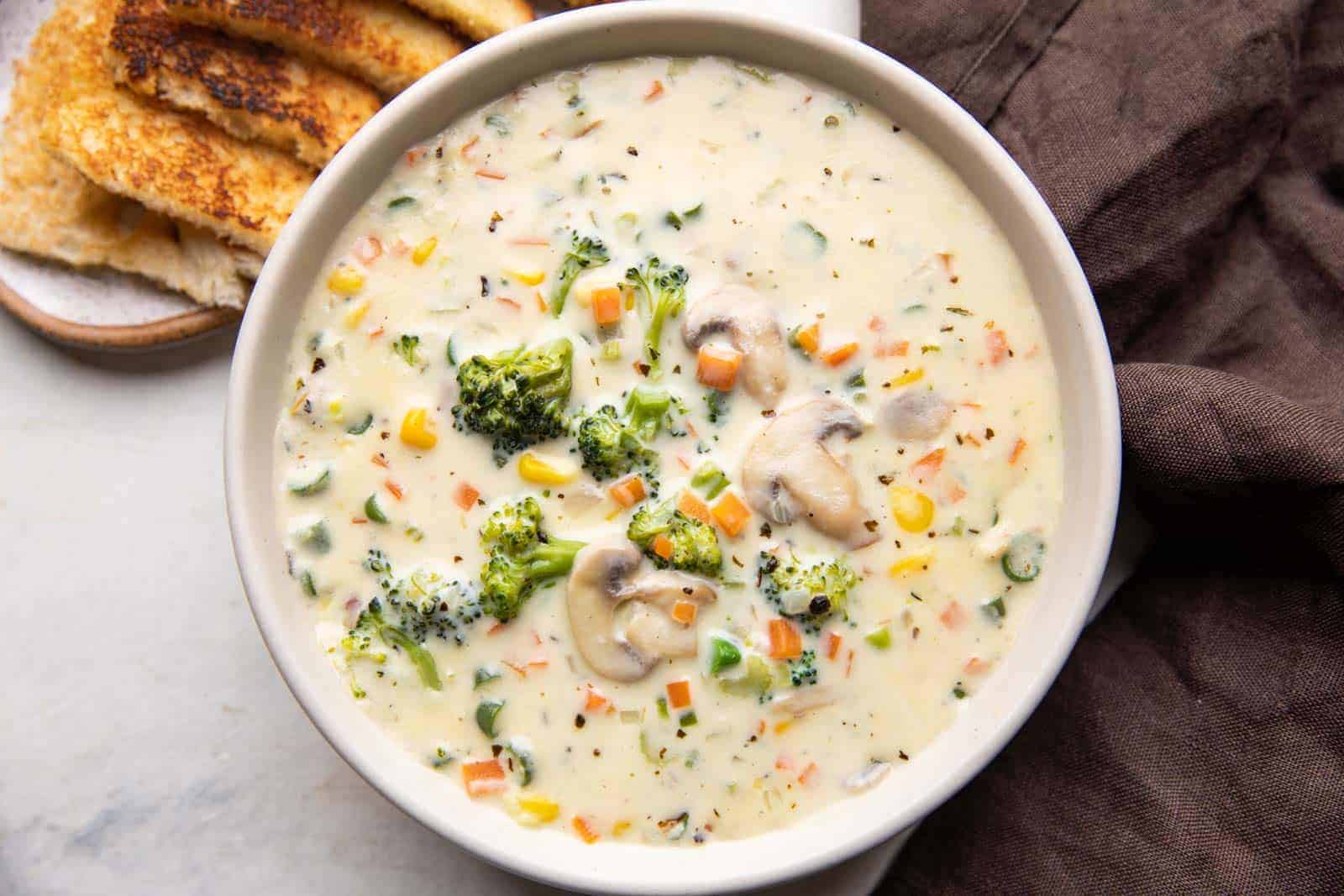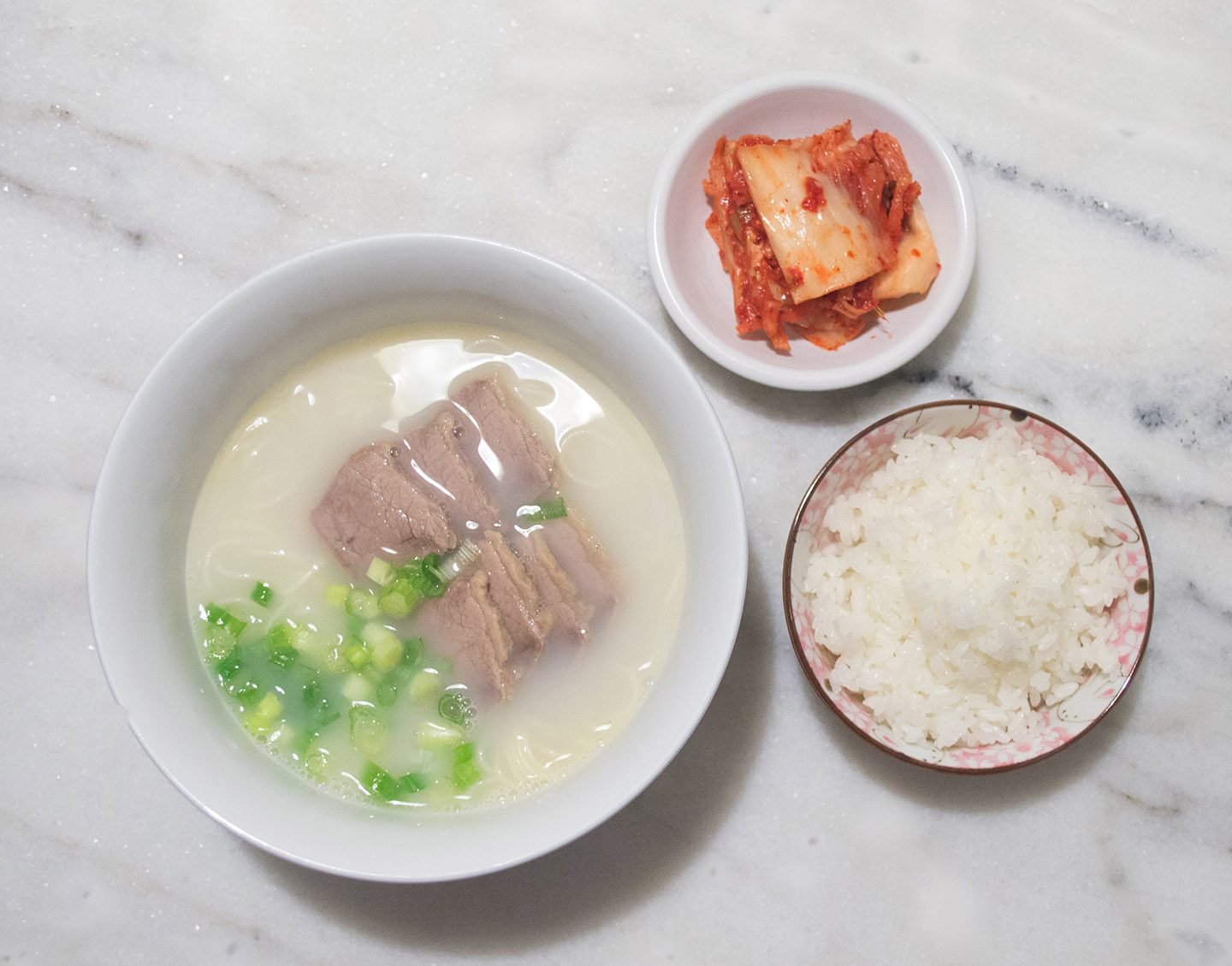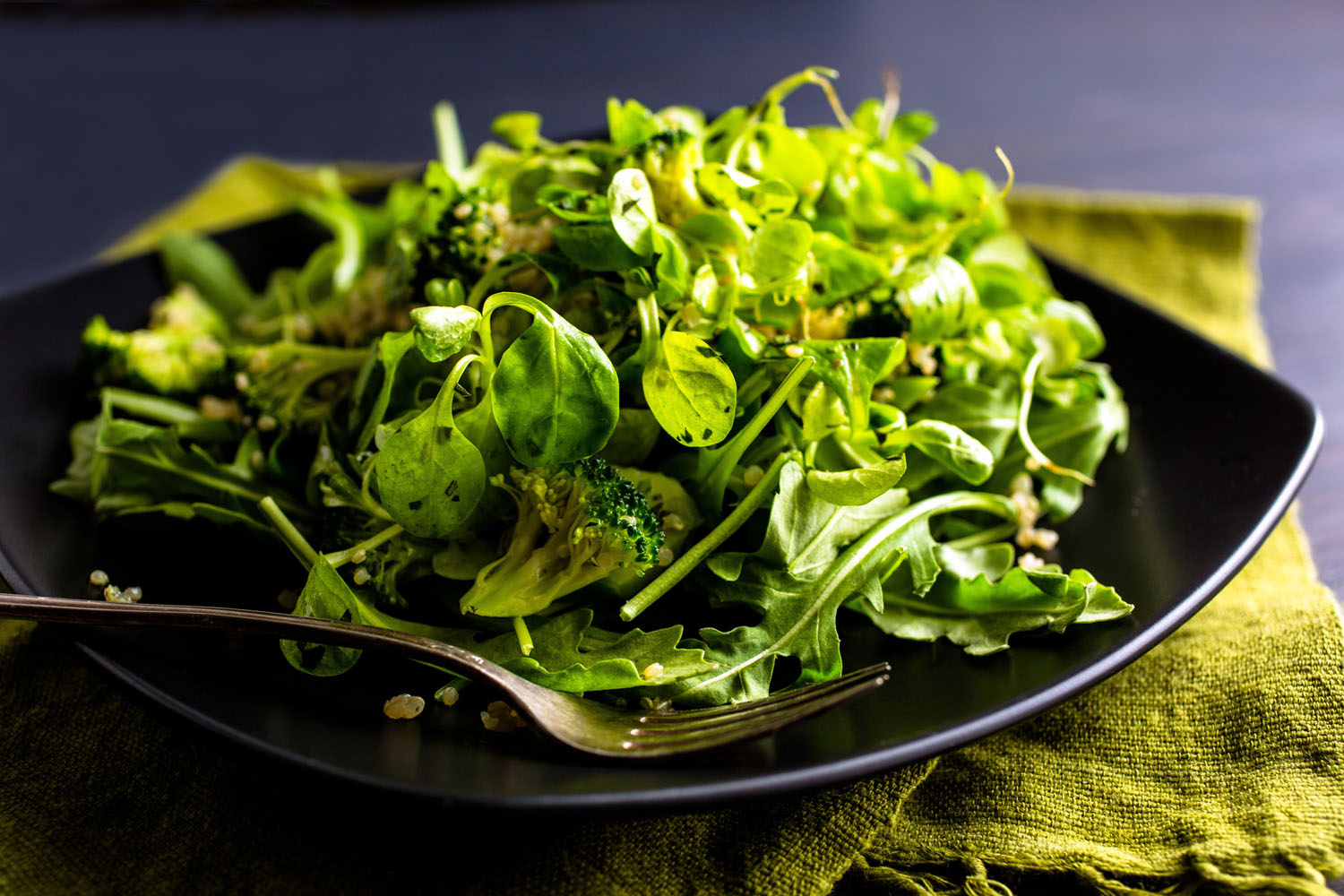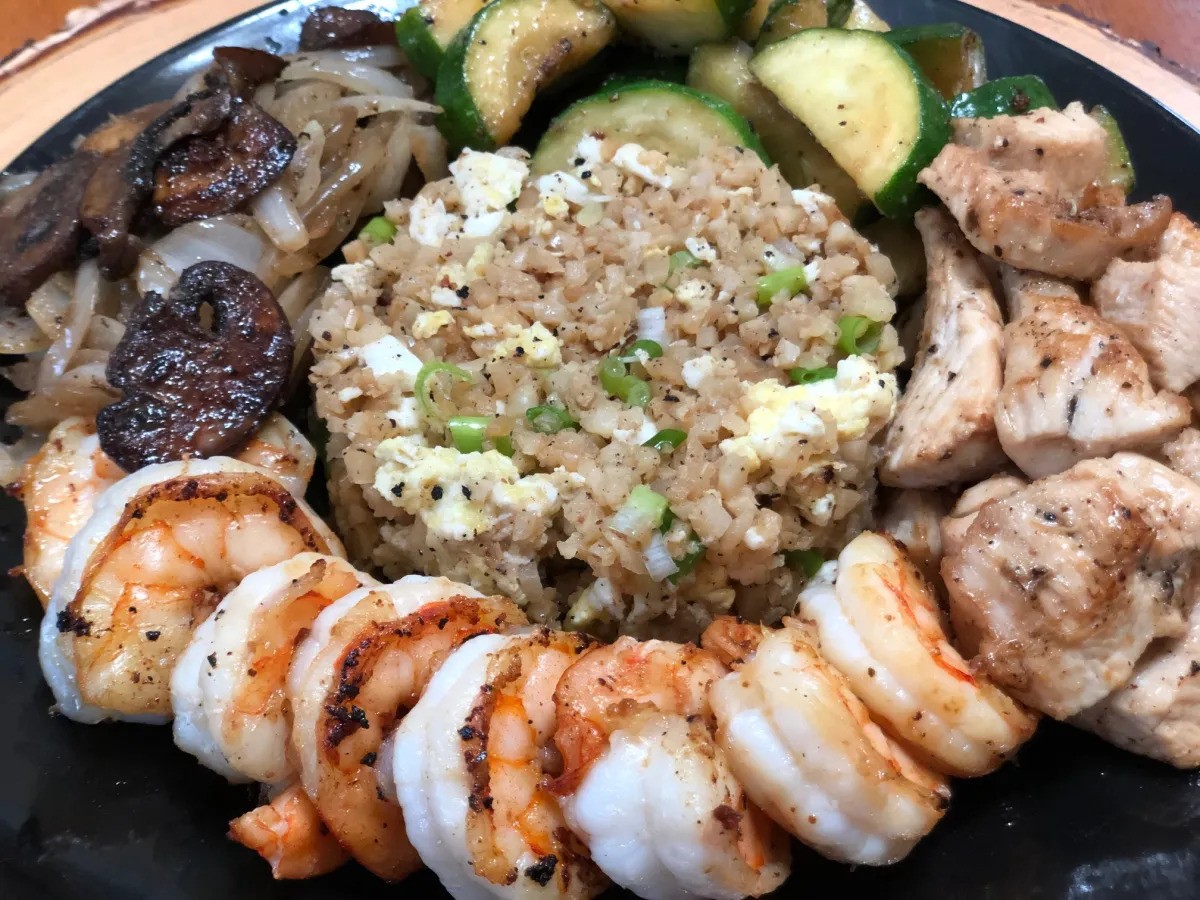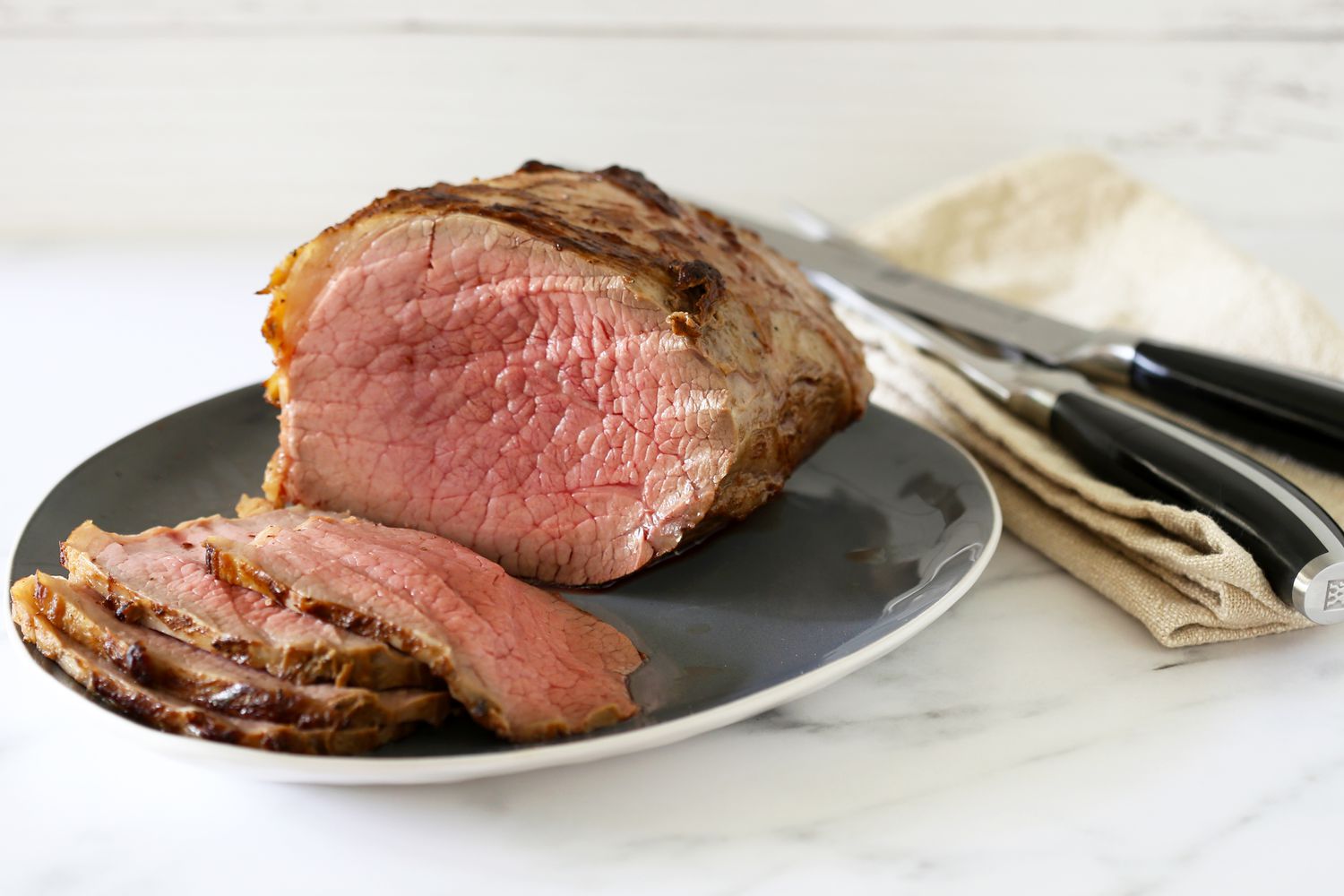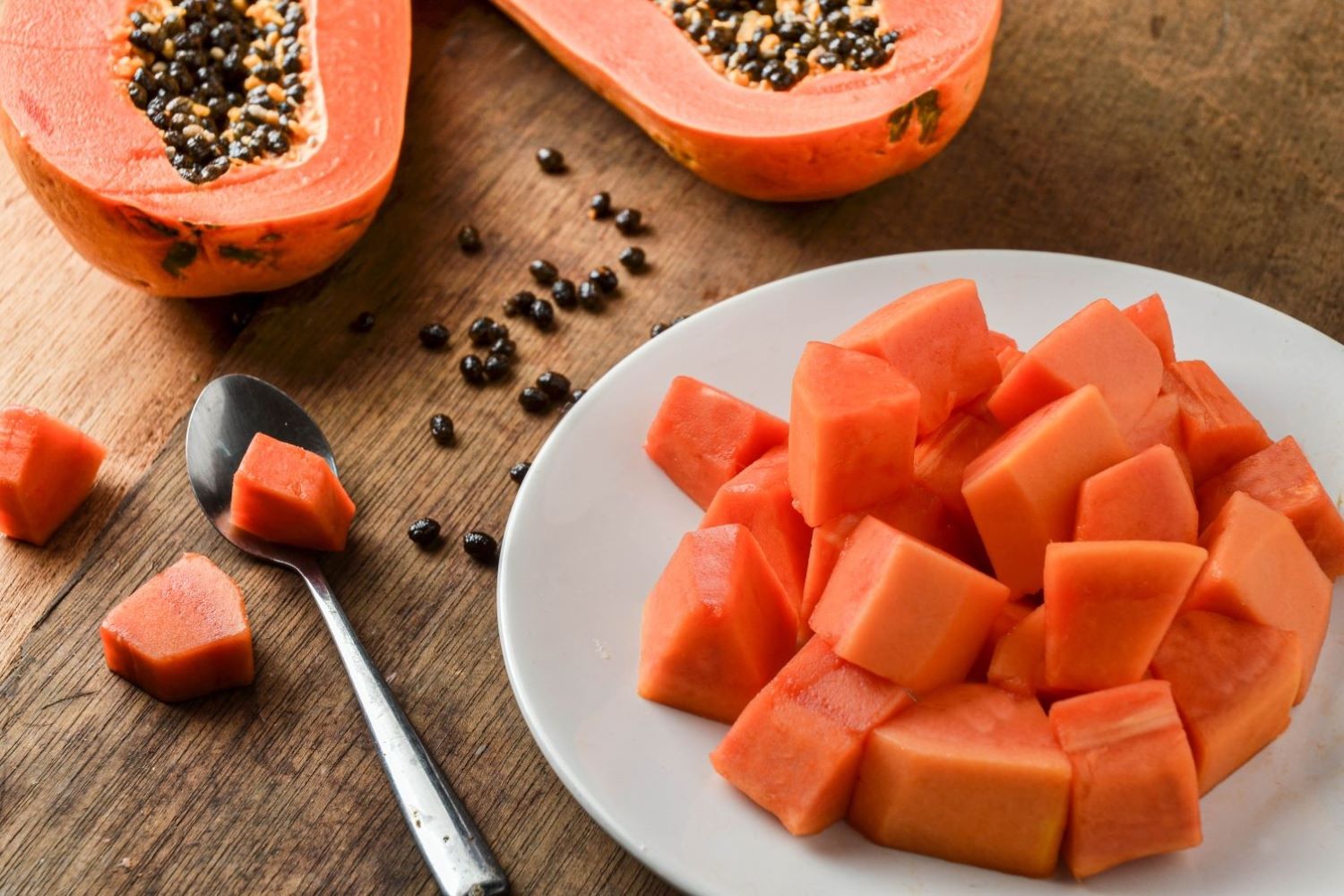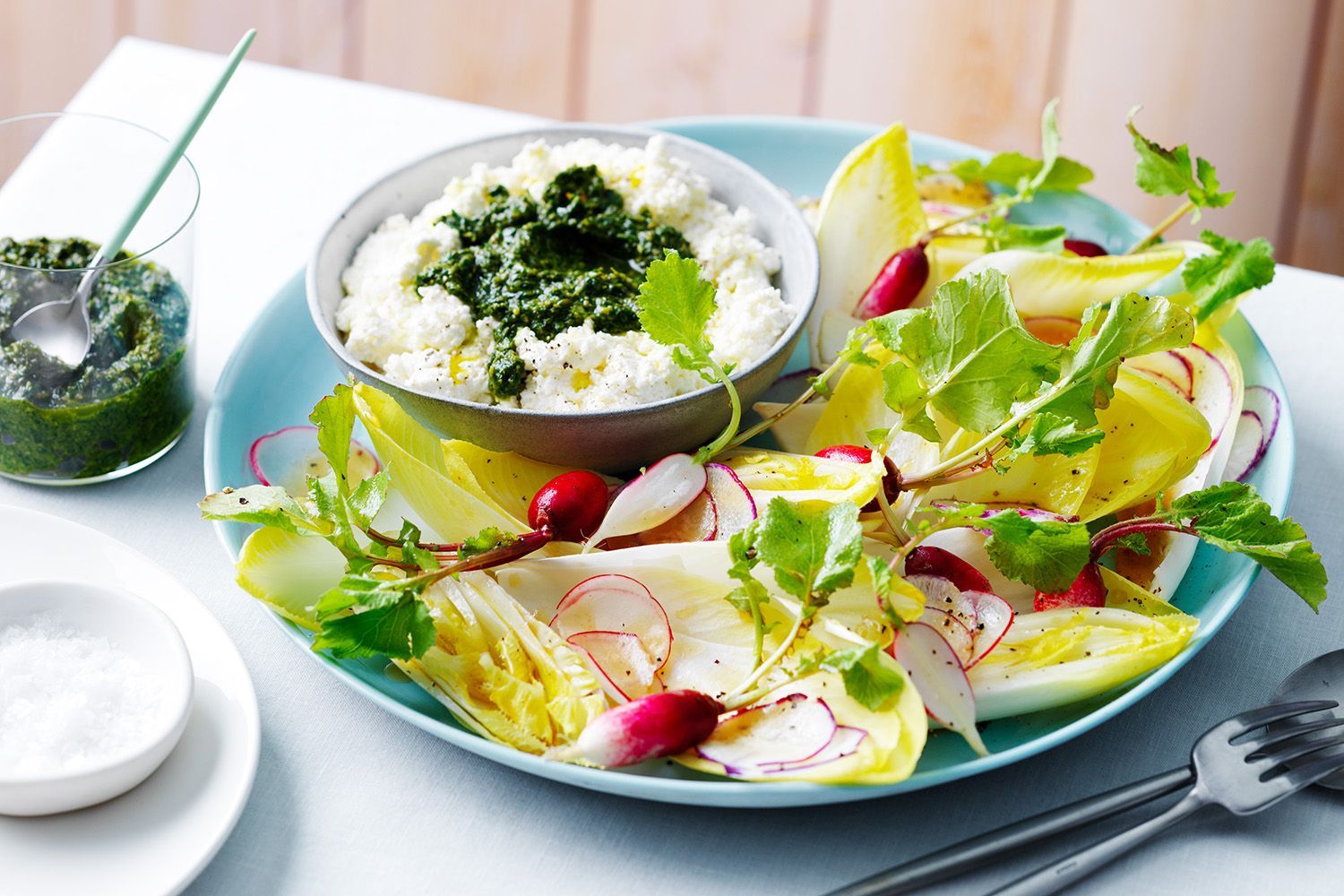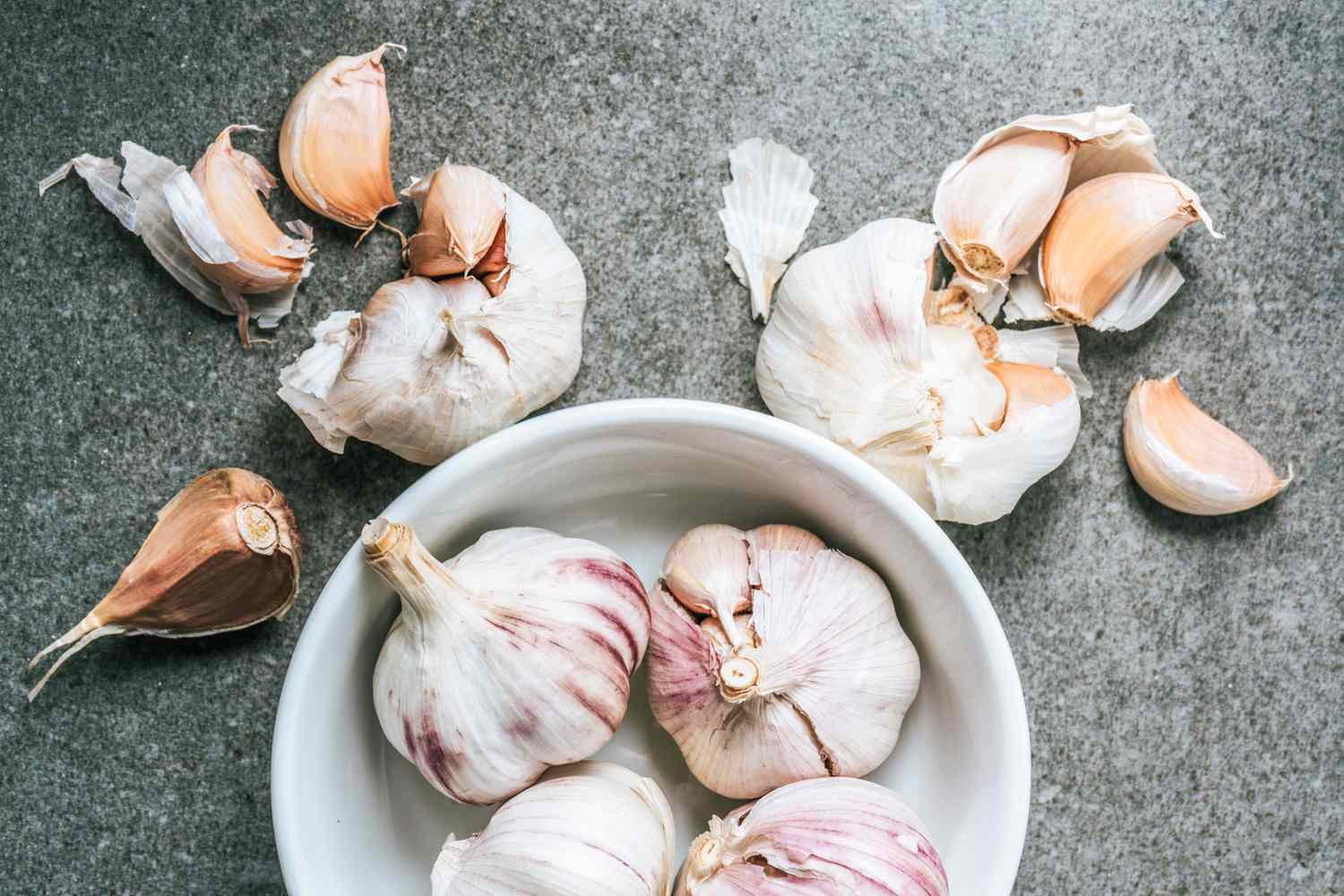Garlic: Nature’s Powerful Infection Fighter
Garlic has been used for centuries as a natural remedy for various health issues, including infections. Its potent antimicrobial properties make it an effective weapon against bacteria, viruses, and fungi. If you’re looking for a natural way to boost your immune system and fight off infections, incorporating garlic into your diet is a great place to start.
Raw Garlic vs. Cooked Garlic
When it comes to reaping the infection-fighting benefits of garlic, you may be wondering whether it’s better to consume it raw or cooked. Both forms of garlic offer health benefits, but raw garlic contains higher levels of allicin, a compound with strong antimicrobial properties. However, some people find the pungent taste of raw garlic off-putting. If that’s the case for you, cooked garlic can still provide valuable health benefits, albeit to a slightly lesser extent.
Ways to Incorporate Garlic Into Your Diet
Adding garlic to your meals is an easy and delicious way to harness its infection-fighting properties. Here are some simple ideas to help you incorporate more garlic into your diet:
- Garlic-infused olive oil: Use garlic-infused olive oil as a flavorful base for salad dressings or for sautéing vegetables.
- Roasted garlic: Spread roasted garlic on whole grain bread or mix it into mashed potatoes for a savory twist.
- Garlic in soups and stews: Add minced or crushed garlic to soups, stews, and chili for an extra kick of flavor and health benefits.
- Garlic butter: Mix minced garlic with softened butter and spread it on bread or use it to flavor steamed vegetables.
- Raw garlic in dressings: Incorporate finely minced raw garlic into homemade salad dressings for a zesty flavor.
Garlic Supplements
If you find it challenging to consume garlic regularly through your diet, garlic supplements are a convenient alternative. These supplements are available in various forms, including capsules, powders, and oils. When choosing a garlic supplement, look for one that contains allicin, the compound responsible for many of garlic’s health benefits. As with any supplement, it’s essential to consult with a healthcare professional before adding it to your routine, especially if you have existing health conditions or are taking medications.
Precautions and Considerations
While garlic is generally safe for consumption and offers numerous health benefits, it’s essential to be mindful of a few considerations:
- Garlic breath: Consuming garlic, especially raw, can result in pungent breath. Chewing fresh parsley or mint leaves may help alleviate garlic breath.
- Potential interactions: Garlic supplements may interact with certain medications, including blood thinners and HIV medications. If you’re taking medications, consult with your healthcare provider before using garlic supplements.
- Digestive discomfort: Some individuals may experience digestive issues, such as heartburn or upset stomach, after consuming garlic. If you have a sensitive stomach, start with small amounts of garlic and monitor your body’s response.
The Bottom Line
Garlic is a versatile and potent natural remedy for fighting infections. Whether consumed raw or cooked, incorporating garlic into your diet can provide valuable immune-boosting benefits. From adding it to your favorite dishes to exploring garlic supplements, there are numerous ways to make this flavorful bulb a regular part of your wellness routine. As with any dietary change or supplement addition, it’s wise to consult with a healthcare professional to ensure it aligns with your individual health needs.
